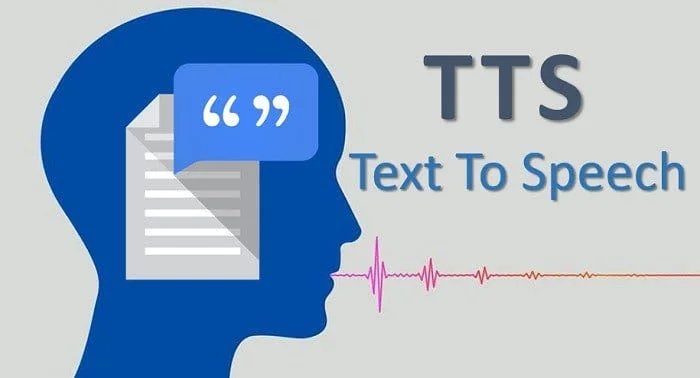In a world where major languages often overshadow others, Luganda is stepping into the spotlight, especially in the field of Artificial Intelligence (AI). With over 20 million speakers, Luganda is now home to an innovative tool: the Luganda Neural Text-to-Speech (LNTS) system. This system is designed to help Luganda speakers, particularly those with visual impairments, engage with content in their native language.
James Mugalu, an architect, emphasizes how important it is to connect with one’s culture through language. For him, the LNTS system offers a unique way to access materials like the Bible in Luganda, helping preserve the language’s authenticity and cultural richness.
The LNTS was developed by Ronald Kizito, a researcher at Makerere University’s College of Engineering, Design, Art, and Technology (CEDAT). He and his team worked hard to understand the linguistic structure of Luganda, creating a system that can accurately convert written text into speech. This represents a major step toward improving health and accessibility for Luganda-speaking communities.
The system is particularly beneficial for individuals who understand Luganda but struggle with reading due to visual impairments, illiteracy, or other challenges. Notably, LNTS can function offline on basic devices or online for those with access to more advanced technology, making it versatile for various users.
While Text-to-Speech (TTS) technologies have been widely developed for languages like English, French, and Chinese, the launch of LNTS is a significant achievement. The project received funding from the government’s Research and Innovations Fund, highlighting its importance and potential impact not only at the university but also within the broader community.
Dr. Abubaker Matovu Wasswa, who leads the Department of Electrical and Computer Engineering at Makerere University, points out that the LNTS system can help address the challenges of poor reading habits. It provides a convenient and accessible way for users to engage with written content.
As the LNTS project continues to develop, it showcases the exciting possibilities of using technology to break down barriers and promote inclusivity. While it currently focuses on Luganda speakers, its success could inspire similar initiatives for other widely spoken languages across Africa, paving the way for a future where linguistic diversity is celebrated and access to information is available to everyone.




















